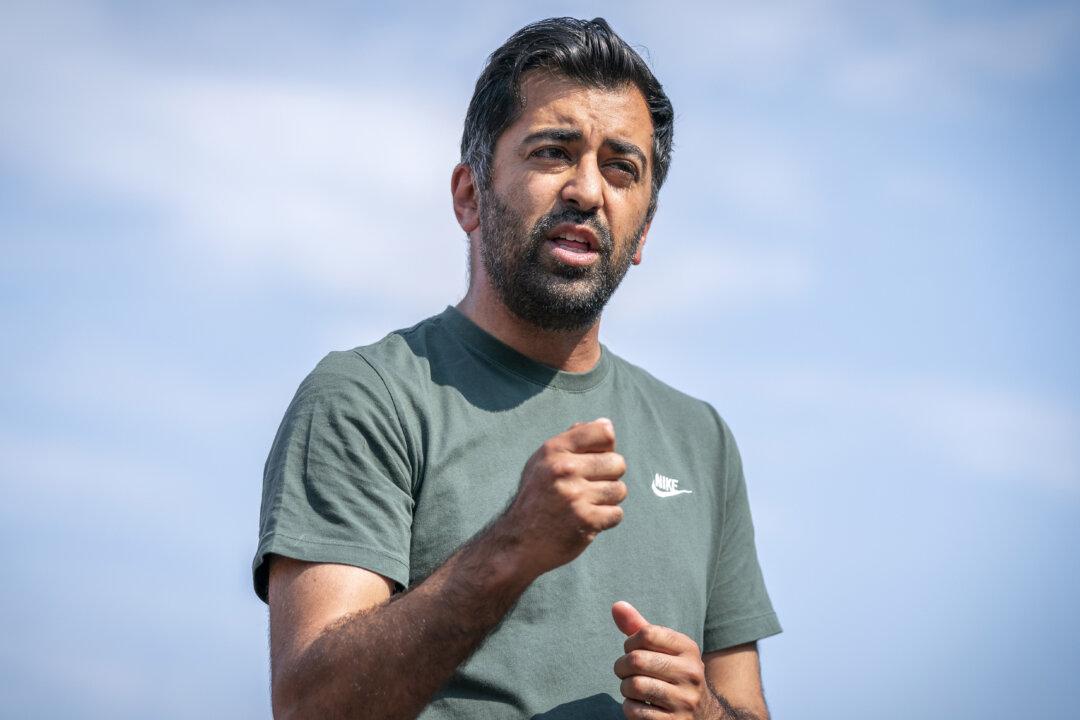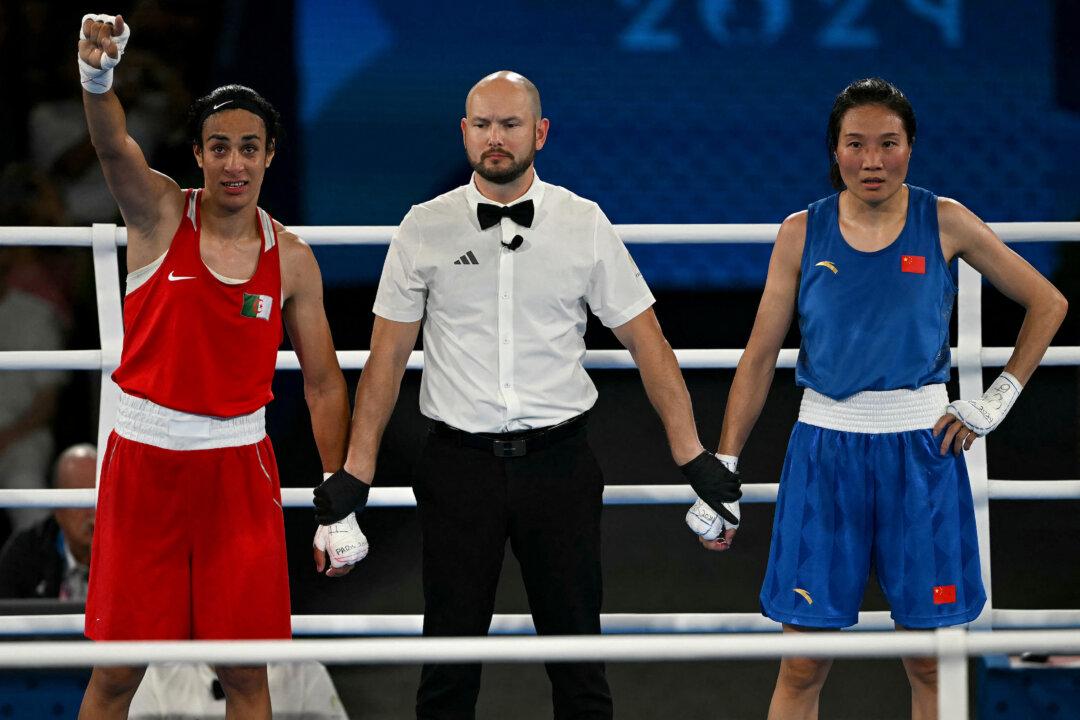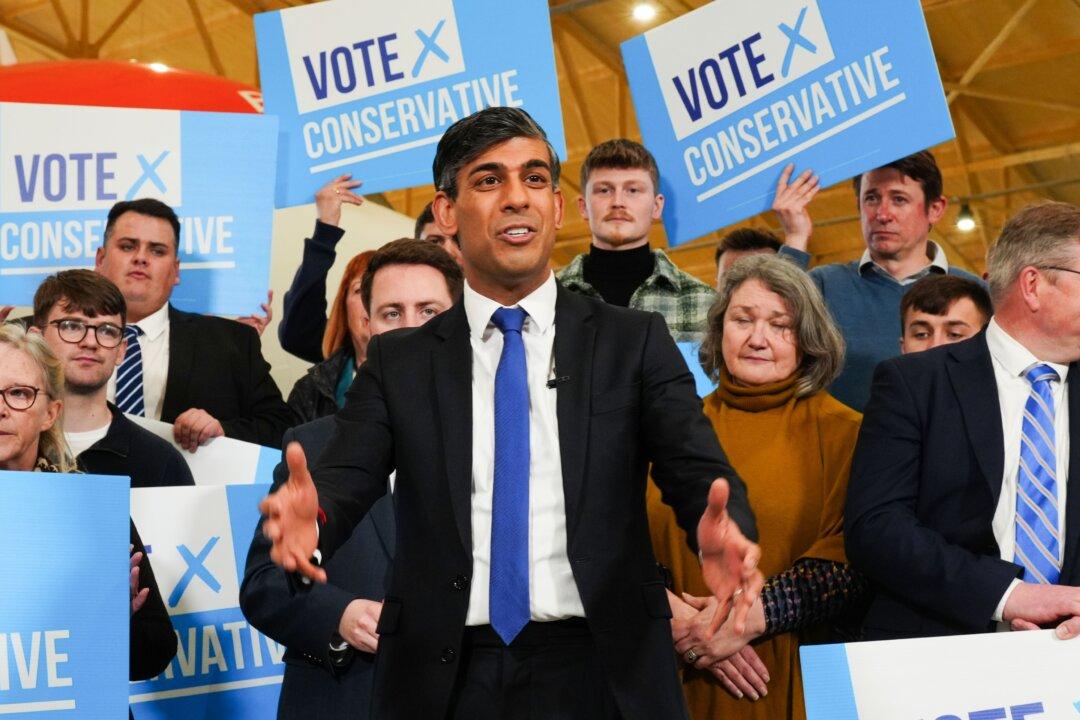The Scottish Health Secretary has refused to rule out mandatory vaccine passports to get more people to take CCP virus vaccines, despite being “naturally, instinctively sceptical” about the idea.
Full CCP (Chinese Communist Party) virus vaccination will be made the condition of entry to nightclubs and other crowded venues in England from late September, Prime Minister Boris Johnson said on Monday, as 35 percent of 18–30-year-olds in England didn’t take up their offer to get their first dose of the vaccine.




